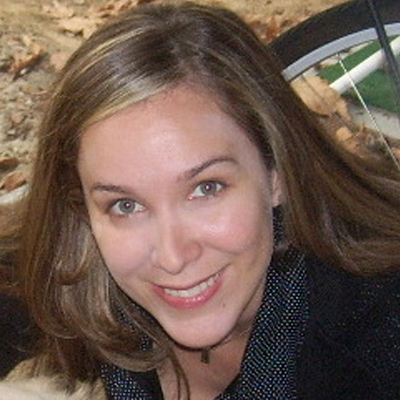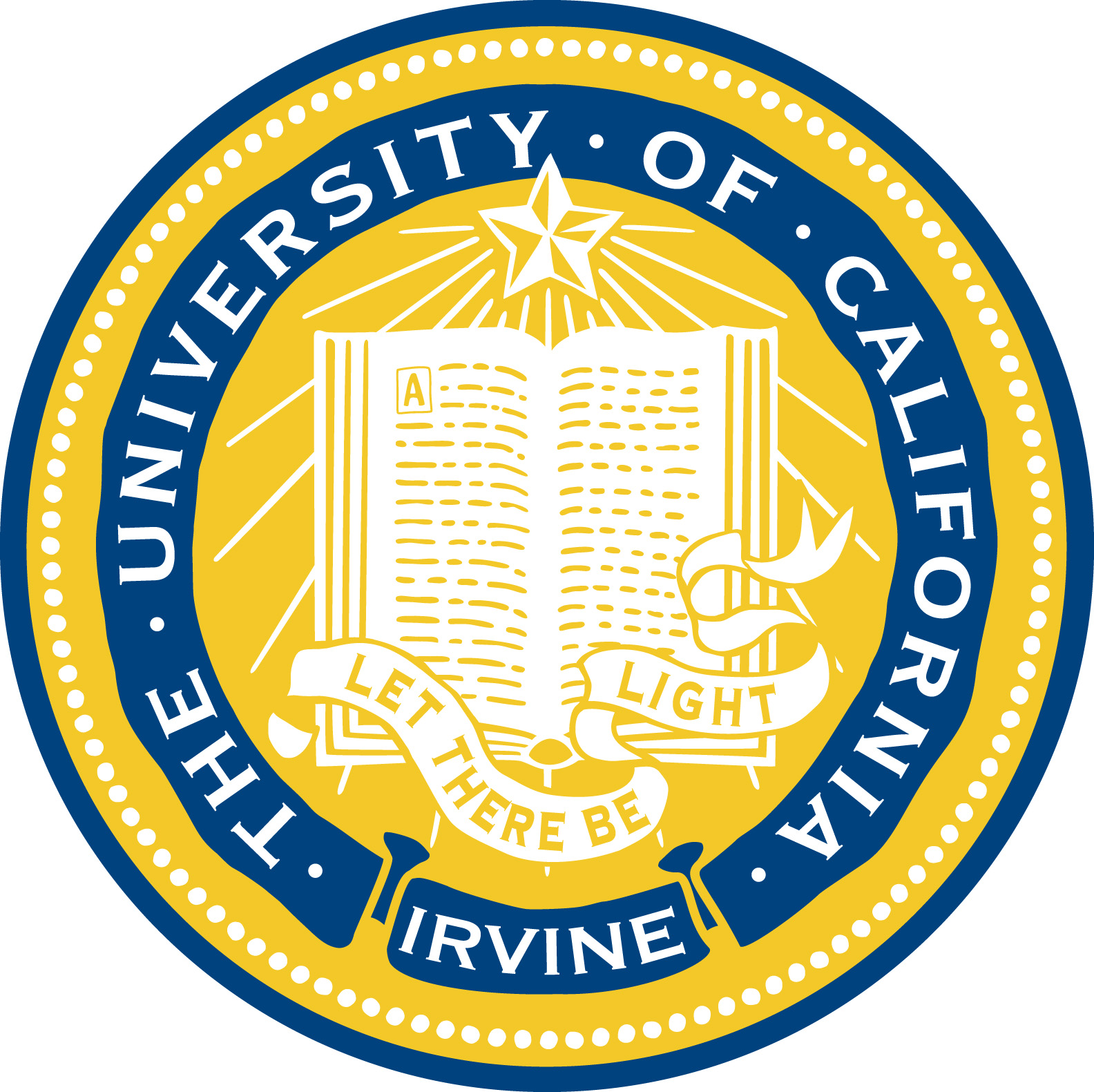Giving a voice to all in the design process
Imagine for a moment the lunch hour for a child on the autism spectrum; navigating social situations, a variety of sensory information, and new experiences all at once can be an overwhelming and challenging adjustment. Fortunately, technologies are being developed to help facilitate social navigation for traditionally underrepresented populations in addition to technologies that can track or monitor their progress. Dr. Gillian Hayes, Director of the Social and Technological Action Research group at the University of California, Irvine, focuses on vulnerable populations and others who traditionally do not have a voice in the design process to create technologies in ways that are empowering and inclusive, and provide rigorous empirical analysis. In addition, she hopes to help deploy technologies that collect data that can be understood and used by vulnerable populations for necessary resources and services. Through her work, Dr. Hayes hopes to help those most in need and find new patterns of thinking and designing that will support everyone.
Dr. Hayes’ research is truly translation, spanning fundamental science to applied; following the full lifecycle of technologies, she works to understand human needs, make things that work, deploy them, and study their effects. All the while, she and her team work closely with people from a variety of disciplines, countries, and nonprofits as well as directly with community members seeking services. By using novel interactive technologies—such as ubiquitous, wearable, and social computing systems—Dr. Hayes and her team necessarily collect, use, and store vast amounts of personal data. Thus, her research facilitates the ways in which people are represented in databases and systems for supporting and caregiving, particularly those who may have limited ability to enact change or intervene in the design and policy decisions around these technologies. Driven by an interest in empowering, supporting, and including vulnerable populations in scholarship and in technology design, Dr. Hayes’ research has already affected the lives of individuals in a highly applicable way and continues to expand strategies to improve health, wellness, and development for people and their families.
Current research includes:
-
Transitioning to Adulthood: Research or programs surrounding adolescents and adults on the autism spectrum are often neglected despite their low employment opportunity, high rates of depression and suicide, and limited higher education opportunities. Using mobile phone platforms and the Google Glass, Dr. Hayes is developing ways to improve social interaction and skills and support job interview training for adolescents and adults. For instance, she and her team have developed cell phone applications that help remind users to complete tasks in the correct order while learning to interact in a socially acceptable way with peers.
-
Gaming: Dr. Hayes uses gaming as therapeutic techniques for children on the autism spectrum. For example, she and her team are studying Autcraft -- a whitelisted Minecraft server for children and adults with autism and their families -- to understand how a safe online space can help individuals with autism practice social skills, play, and have fun. Similarly, Dr. Hayes uses the Kinect gaming system to support movement and dance therapy that is affordable and easy to do in their homes, while tracking important data markers that show progress or digression.
-
Sensory Integration System: Sensory processing disorders affect a large number of people on the autism spectrum and result in a heightened experience of sensory information. Dr. Hayes develops technology to improve sensory integration therapy, using the Kinect gaming system to help children understand their bodies and movements. For example, children in a dance therapy class can practice the movements they learn in class at home or participate in such a class remotely. This application increases therapy exposure for children, helps caretakers implement therapy within the home, and creates sophisticated tracking mechanism to track growth.
-
WAES: Dr. Hayes and her team have developed a wearable application to provide social cues to people with autism using Google Glass. Wearable Augmented and Engaged Socialization (WAES) monitors the speech of the wearer and the noise levels surrounding and encourages the wearer to speed up or slow down, raise or lower their voice, and use appropriate emotional affect for the situation. For example, if a user entered a library, the application might tell them to lower their voice by factoring technology that can measure noise decibels.
-
MOSOCO: Dr. Hayes and her team have integrated the successful mobile social compass curriculum (MOSOCO) onto a mobile app in which users are given cues to prompt them towards socially acceptable interactions. For instance, a child on the autism spectrum that is playing in the schoolyard may get reminders about how to introduce themselves to a new friend or ask to join in a game. Results suggest that neurotypical children as well as children on the autism spectrum found the mobile social compass platform helpful in facilitating their social interactions. Dr. Hayes is expanding the MOSOCO platform to the Google Glass, so that in the future, older adults can utilize the same prompts for social interactions without drawing attention to themselves.
-
VidCoach: VidCoach is a free mobile application for both Android and iOS that provides an interactive experience for the user to gain job interview training skills. By watching an interview and completing expected interview questions, users can watch models of successful interviews, practice their skills, and watch themselves. Research on VidCoach has shown that use of the tool better prepares students for interviewing that current instruction.
-
Caregivers for Premature Infants: Premature infants are at a higher risk for a lifetime of disabilities and health conditions including, asthma, Autism, and ADHD. Additionally, the transition from the NICU to home life can be an exceptional challenge for families. Unfortunately, many families do not get adequate support until the state mandated followups at six months. Dr. Hayes is working to support families and infants by collecting key data points from what mothers are doing in the home and key health indicators about the baby’s status. By collecting data on their phones, mothers can send important notifications to healthcare providers if something is alarming, and be empowered during the challenging adjustment period.
Bio
Dr. Gillian Hayes is the child of two academics that encouraged her towards asking questions and entering the world of academia. However, her mind always excelled in STEM areas rather than humanities-driven work that the rest of her family pursued. During college, Dr. Hayes was convinced that she wanted to become a biomedical researcher. At the time, she was passionate about AIDS with experiences including volunteer work for CARES and interning at NIH under Dr. Anthony Faucci. After a short time of interning, she found that biomedical research was not the place for her; in fact, she hated it. Dr. Hayes describes the frustration of her cultures growing mold, and the incredible length of time it took to do anything. Tired of taking half an hour to get herself ready to go into a room with radioactives and HIV strains every time she wanted to work, she decided to pursue other routes.
When Dr. Hayes returned to Vanderbilt, she tried a Computer Science course and found that she loved it. She also found that she could make just as much of an impact doing things to help the world outside of the biological sciences as she would in medicine. After taking a break to get some real world experience at Deloitte and Avanade, Dr. Hayes returned to school ready and raring to go. At Georgia Tech, she was able to merge all the worlds of her interests: building real software to help real people through her research on record keeping applications for people with autism; studying the effects of these technologies within their important social, educational, and cultural contexts; and understanding how the nascent but growing field of mobile and ubiquitous computing might be best harnessed to address some serious medical, educational, and societal challenges. Dr. Hayes’ ability to use computer science as a tool to impact the world and individuals within it has developed into a passion for academia and its impact.
Dr. Gillian Hayes is an Associate Professor and the Robert A. and Barbara L. Kleist Chair in Informatics in the School of Information and Computer Sciences and in the School of Education and School of Medicine at University of California, Irvine. Her research interests are in human-computer interaction, ubiquitous computing, assistive and educational technologies, and health informatics. She designs, develops, deploys, and evaluates technologies to empower people to use collected data to address real human needs in sensitive and ethically responsible ways. In particular, she is focused on vulnerable populations in their efforts to understand their own data and in the use of these data to provide them with necessary resources and services. As a result of her success, Dr. Hayes has received recognition from several external sources including being invited to become a Kavli Fellow in 2007 and receiving a NSF CAREER award among others. Additionally, she has published twenty-six journal articles, one book, six book chapters, forty-two full conference papers, and fifty-eight workshops and short conference papers while producing numerous software artifacts.
Dr. Hayes is the Director of Technology Research at the Center for Autism and Neurodevelopmental Disorders and the Faculty Director for Civic and Community Engagement at University of California, Irvine. She currently co-directs the University of California, Irvine site of the Intel Science and Technology Center for Social Computing.
Dr. Hayes is affiliated with the Laboratory for Ubiquitous Computing and Interaction, the Center for Autism Research and Treatment, the Center for Ethnography, the Center for Biomedical Informatics, the Center for Research on Information Technology & Organizations, the California Institute for Telecommunications and Information Technology, and the Institute for Genetics and Bioinformatics. She is a fellow in the University of California Center for Collaborative Research for an Equitable California. Her research in autism and technology has enabled her to serve as Director of Technology Research at the Center for Autism and Neurodevelopmental Disorders of Southern California and Chief Technology Officer for Tiwahe Technology.
When she is not working, Dr. Hayes loves to play with her two young sons, run, practice yoga, cook, and bake cakes.
Website: www.gillianhayes.com


